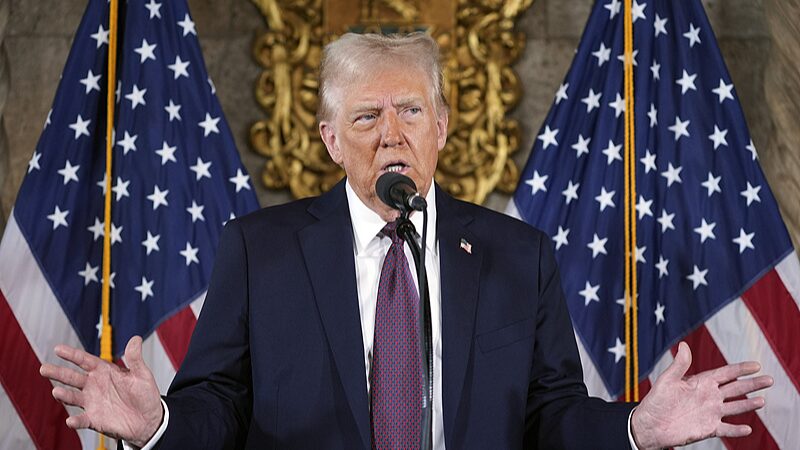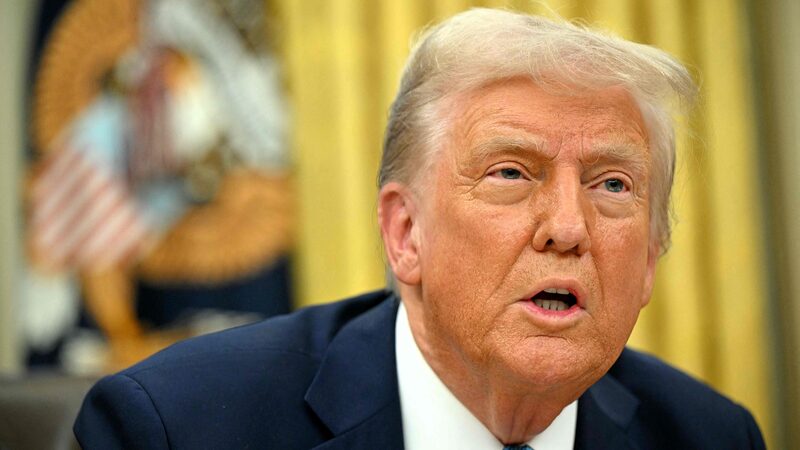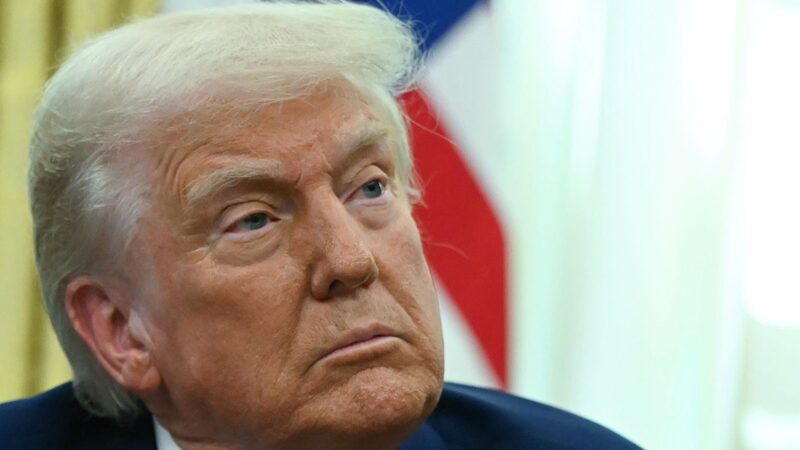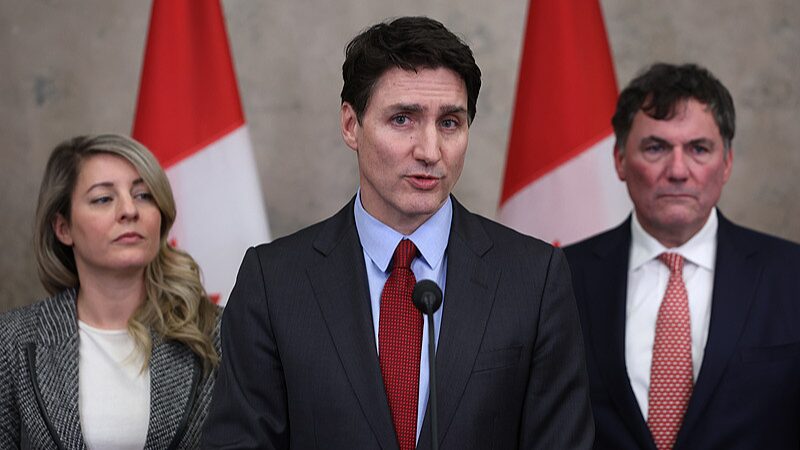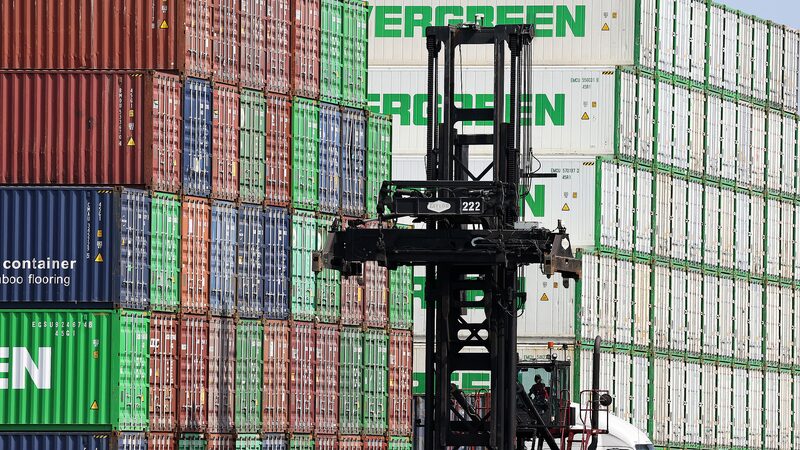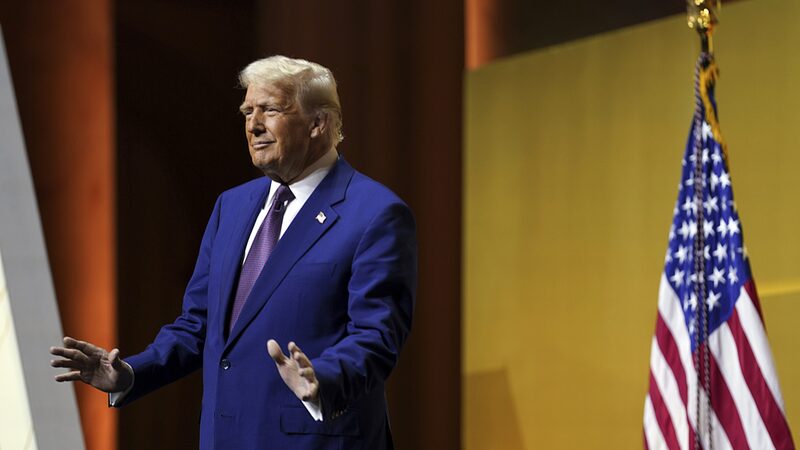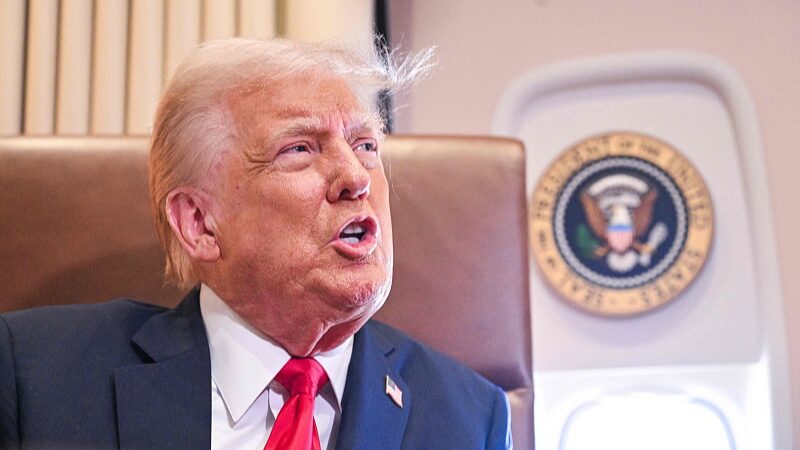Since reclaiming the presidency on January 20, U.S. President Donald Trump has significantly impacted the global landscape with his bold and often controversial policies. A central element of his agenda is the imposition of tariffs, which has raised concerns both domestically and internationally. Specifically, experts warn that these tariff policies could have severe consequences for the U.S. automotive industry, leading to higher car prices and increased burdens on consumers.
Within less than a month of taking office, Trump has implemented three major rounds of tariffs. The first round targeted the Chinese mainland, Canada, and Mexico, imposing tariffs of 25 percent and 10 percent on imports from these regions. However, the tariffs on Canada and Mexico were later postponed by a month. The second round introduced a 25 percent tariff on imported steel and aluminum, affecting countries such as Canada, Mexico, Brazil, South Korea, Vietnam, the UK, and members of the European Union. The third round, referred to as \"reciprocal tariffs,\" applies to all countries.
Trump described tariffs as one of the \"most beautiful words in the dictionary.\" Experts argue that his motivation for imposing tariffs is multifaceted. On one hand, the tariffs respond to trade tensions, with the U.S. accusing foreign governments of subsidizing domestic companies, discriminating against American businesses, or maintaining large and persistent trade surpluses. On the other hand, Trump has used tariffs as a political leverage tool, citing issues such as the need to curb fentanyl trafficking and immigration as reasons for the 25 percent tariffs on Canada and Mexico. Following agreements with both countries on border control and organized crime, Trump temporarily suspended these tariffs for at least 30 days.
Despite warnings from economists that tariffs ultimately burden U.S. consumers through higher prices, Trump's policies show little sign of changing. In fact, experts believe that the costs of the tariffs will largely be passed on to American consumers, particularly in industries like automobiles, where the U.S. lacks the capacity to manufacture certain products domestically.
The automotive industry, a key sector in the U.S. economy, is particularly vulnerable. Industry insiders have warned that U.S. carmakers will bear the brunt of these tariffs, which will increase the cost of auto parts and drive car prices even higher.
According to market research firms, if Trump's proposed tariffs come into effect, U.S. car buyers could face price hikes of several thousands of dollars. Cox Automotive data shows that the average transaction price for new cars is already $49,740, approaching the $50,000 mark.
Benchmark analyst Cody Acree estimates that should the proposed 25 percent tariffs on cars and car parts from Mexico and Canada be implemented, the average price of a car in the U.S. will rise by approximately $5,790. This would push the average cost of a new car to over $54,500, representing nearly a 12 percent increase from 2024.
Acree noted in a client brief, \"We believe the Auto sector is the most exposed to the risks of increased tariffs, given its sheer size of trade dollars, the complexity of the intertwined supply and manufacturing channels that have been cultivated over decades, and the number of our companies that participate in support of this key consumer industry.\"
Reference(s):
Trump tariff policy to further drive up U.S. car prices by thousands
cgtn.com

